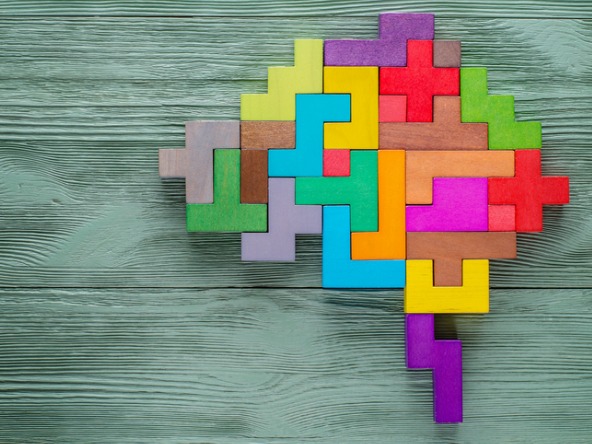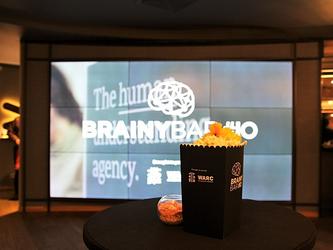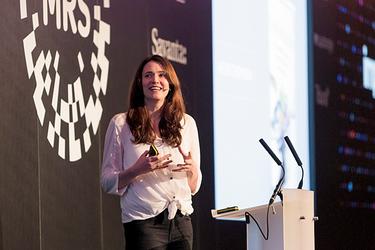Scientists map the human brain

The studies are published across 24 papers in the journals Science, Science Advances and Science Translational Medicine.
The work is part of the BRAIN Initiative Cell Census Network (BICCN), which started in 2017, initially to generate a brain cell atlas for mice.
Published on 12th October, the new BICCN studies detail the complex diversity of cells in the human brain, and identify similarities and differences in how cells are organised.
Three of the papers present the first atlas of cells in the adult human brain, mapping the brain’s transcriptional and epigenomic landscape. The transcriptome is a set of gene readouts in a cell, which contains instructions for making proteins, while the epigenome refers to modifications to a cell’s DNA and chromosomes that alter the cell’s genetic information.
The aim of the BICCN is to develop an inventory of the cells in the brain, including how they develop and work together, to better understand more about how brain disorders develop and can be treated.
John Ngai, director of the NIH BRAIN Initiative, said the group of studies represents “a landmark achievement in illuminating the complexity of the human brain at the cellular level”.
Joshua A. Gordon, director of the National Institute of Mental Health, said: “Mapping the brain’s cellular landscape is a critical step toward understanding how this vital organ works in health and disease.
“These new detailed cell atlases of the human brain and the nonhuman primate brain offer a foundation for designing new therapies that can target the specific brain cells and circuits involved in brain disorders.”
The researchers said the findings will also inform another project, the BRAIN Initiative Cell Atlas Network, which is looking to highlight foundational principles governing the circuit basis of behaviour and informing new approaches to treating human brain disorders.

We hope you enjoyed this article.
Research Live is published by MRS.
The Market Research Society (MRS) exists to promote and protect the research sector, showcasing how research delivers impact for businesses and government.
Members of MRS enjoy many benefits including tailoured policy guidance, discounts on training and conferences, and access to member-only content.
For example, there's an archive of winning case studies from over a decade of MRS Awards.
Find out more about the benefits of joining MRS here.














0 Comments